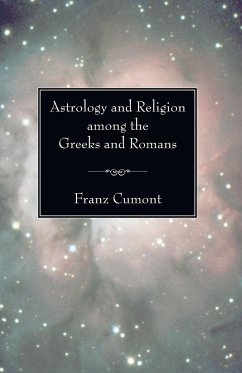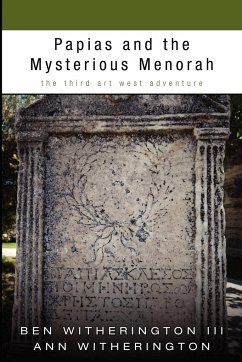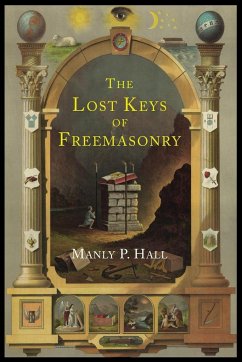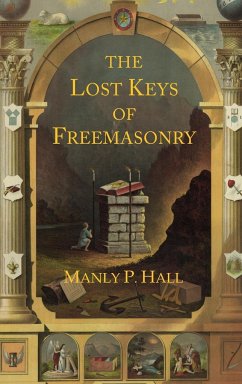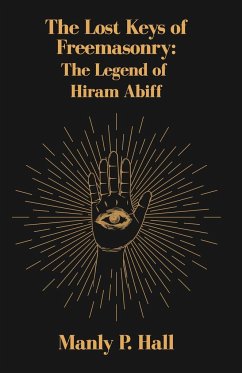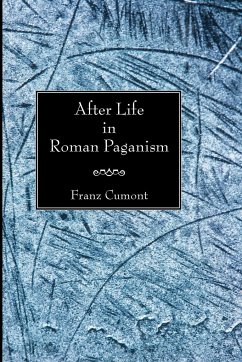
After Life in Roman Paganism
Versandkostenfrei!
Versandfertig in 1-2 Wochen
25,99 €
inkl. MwSt.
Weitere Ausgaben:

PAYBACK Punkte
13 °P sammeln!
At least we can distinguish the principal phases of the religious movement which caused imperial society to pass from incredulity to certain forms of belief in immortality, forms at first somewhat crude but afterwards loftier, and we can see where the movement led. The change was a capital one and transformed for the ancients the whole conception of life. The axis about which morality revolved had to be shifted when ethics no long sought, as in earlier Greek philosophy, to realise the sovereign good on this earth but looked for it after death. -from the Introduction Contents Preface Historical...
At least we can distinguish the principal phases of the religious movement which caused imperial society to pass from incredulity to certain forms of belief in immortality, forms at first somewhat crude but afterwards loftier, and we can see where the movement led. The change was a capital one and transformed for the ancients the whole conception of life. The axis about which morality revolved had to be shifted when ethics no long sought, as in earlier Greek philosophy, to realise the sovereign good on this earth but looked for it after death. -from the Introduction Contents Preface Historical Introduction 1. After Life in the Tomb 2. The Nether World 3. Celestial Immortality 4. The Winning of Immortality 5. Untimely Death 6. The Journey to the Beyond 7. The Sufferings of Hell and Metempsychosis 8. The Felicity of the Blessed



